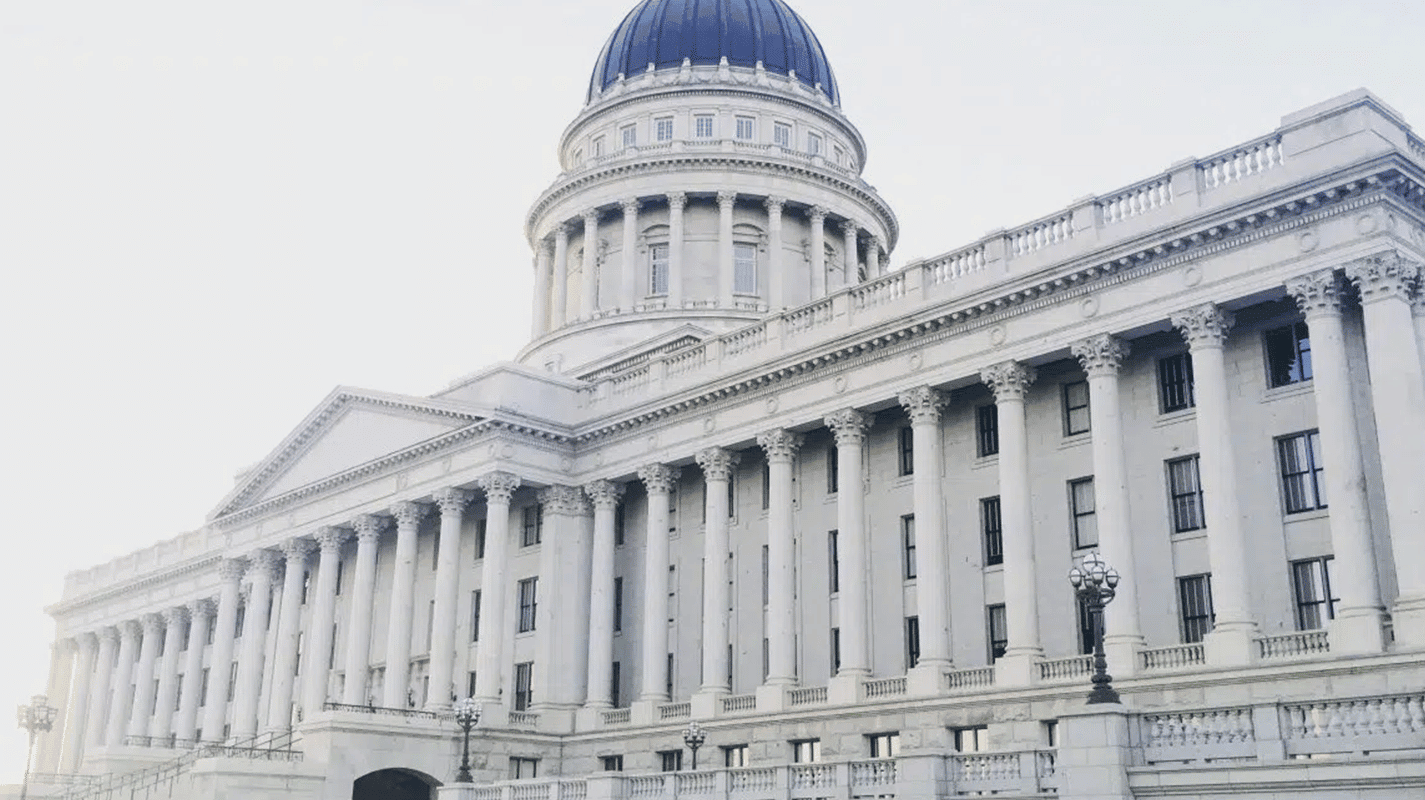…a sweeping $2 trillion aid program to provide emergency assistance and health care for individuals, families, and businesses…
The CARES Act is a sweeping $2 trillion aid program to provide emergency assistance and health care for individuals, families, and businesses affected by the 2020 COVID-19 pandemic. It was designed to keep businesses open, families and individuals financially secure, and large institutions funded while we work to limit the spread of the virus.
But what does it mean for Utah? To improve healthcare outcomes, the CARES Act provides $340 billion in emergency funding for COVID-19 health response measures across the United States, including in Utah. $130 billion will be allocated to hospitals and health systems around the country. Individuals, businesses, public transit systems, state and local government disaster relief efforts, and K-12 education programs will all receive emergency funding.
For the general public it ensures that patients’ COVID-19 diagnostic test costs are covered free of charge, regardless of their type of insurance and expands access to telehealth for COVID-19-related services while providing billions in additional funding for personal protective equipment and medical supplies.
You have likely heard those economic relief checks are on their way. To that end, the CARES Act provides new resources to help Americans during the Coronavirus pandemic:
● Americans who earned $75,000 or less and filed taxes individually in 2019 (or who earned $150,000 or less and filed taxes jointly in 2019) will receive $1,200 from the federal government. For those making more than $75,000 individually ($150,000 jointly), the amount will phase out incrementally until it reaches zero at $99,000 ($198,000 jointly).
● Parents will also receive $500 per child, which also phases out according to income.
● The Act expands each state’s Unemployment Insurance (UI) program by adding $600 per week to every recipient’s check for four months to provide immediate assistance to workers who are laid-off, furloughed, self-employed or are independent contractors.
● It offers new flexibility to withdraw retirement funds without penalty.
● Individuals may defer student loan payments, principal, and interest for up to six months to ease the burden on students who face significant hurdles entering the workforce.
For small businesses, the CARES Act will provide up to $349 billion for 100% federally guaranteed loans to eligible businesses and non-profits with 500 employees or fewer (including restaurants/hotel chains with no more than 500 employees per physical location), self-employed individuals, and contractors. This piece of the Act is to prevent workers from losing their jobs and businesses from going under due to losses caused by COVID-19.
What’s more, businesses and self-employed individuals (except some who take out forgivable loans under the SBA Paycheck Protection Program) may defer payroll tax payments for 2020, with 50% due on December 31, 2021 and 50% due on December 31, 2022. Tax payments for 2021 and 2022 are unchanged.
The CARES Act provides additional funding for small business development centers, women’s business centers, and the Minority Business Development Agency.
For entrepreneurial efforts, the CARES Act provides additional funding for small business development centers, women’s business centers, and the Minority Business Development Agency. These organizations are available to help small businesses access federal assistance programs and advise businesses on how to manage the disruptions associated with COVID-19.
The Act also allocates $454 billion to the Federal Reserve to make loans and loan guarantees to eligible businesses, states, and municipalities. For additional details regarding the CARES Act, visit this summary page here.
Utah companies in need of federal assistance are encouraged to visit coronavirus.utah.gov/business. Here you’ll find a comprehensive overview of federal resources compiled by the Governor’s Economic Response Task Force’s Federal Committee. WTC Utah was asked to organize the Federal Committee and lead out on the communication of these important resources.
Realizing that Utah companies need assistance to navigate the complex regulations and processes of the Federal small business programs, the Federal Committee launched a Rapid Response Team (RRT). In a perfect example of the collaborative spirit that is alive and well in Utah, the Rapid Response Team has grown to 50+ volunteers from ~15 organizations. At the end of its first full week in operation, the team has assisted 1,200 Utah businesses with cases requiring multiple engagements by a team member as they solve problems and provide solutions, not just pass along information. You can submit a help request to the RRT here.













